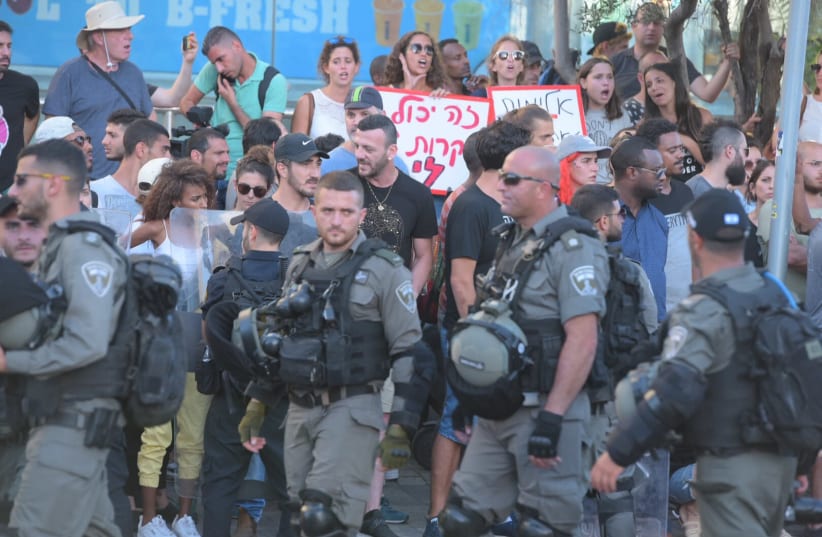Police put officer who killed Ethiopian on forced leave
The decision came following the decision by the Jerusalem Magistrate’s Court on Monday to free the policeman and allow him to enter any police precinct apart from his regular one in the Haifa area.
